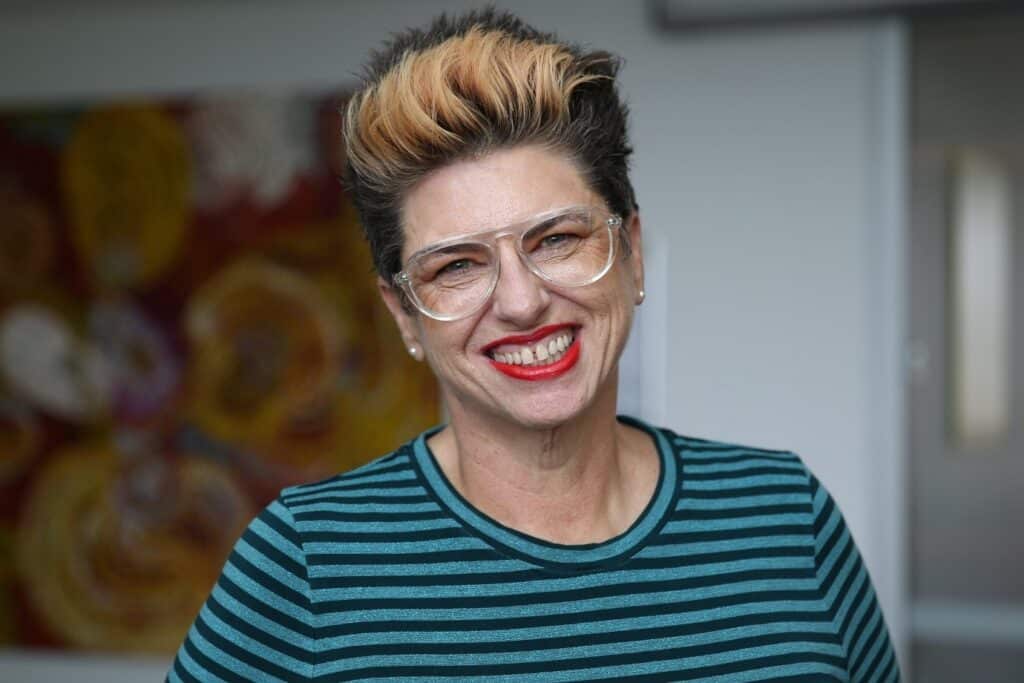First Nations people have experienced increased levels of harassment, discrimination and cultural load in the workplace this year as Voice to Parliament debates grow for the upcoming referendum.
Early data from Diversity Council Australia’s (DCA) 2023 Inclusion@Work Index shows 59 per cent of Aboriginal and/or Torres Strait Islander workers experienced discrimination and/or harassment in the workplace. This is a 9 per cent increase from DCA’s 2021 inclusion@Work Index.
The opposite was true for non-Indigenous people, with DCA’s respondents reporting a small drop in levels of discrimination and harassment. Twenty-two per cent reported this type of exclusion in 2023 compared with 23 per cent in 2021.
“While the Voice seeks to provide further opportunities for First Nations communities to share their experiences within governance systems, organisations and society at large have taken this opportunity to add an increased cultural load on Indigenous peoples, employees, friends and family members,” said Nareen Young, Associate Dean, Indigenous Leadership and Engagment, UTS Business School and Professor of Indigenous Policy (Indigenous Workforce Diversity) at UTS’ Jumbunna Institute.
“It appears through the racist social media campaigns on our devices during the day, the challenges to our identity as Indigenous peoples on the news at night and it suffocates us in our dreams.”
Fifty per cent of Aboriginal and/or Torres Strait Islander workers reported sometimes, often or always being ignored by people at work or being treated as if they didn’t exist. This was compared to 24 per cent of non-Indigenous workers.
Being left out of work social gatherings at least sometimes was reported by 49 per cent of Indigenous workers compared to 23 per cent of non-Indigenous workers.
And 51 per cent of Indigenous people reported having people make incorrect assumptions about their abilities because of their age, culture/ethnicity, disability, gender, Indigenous background or sexual orientation. Only 28 per cent of non-Indigenous workers reported this experience.
Young says these discriminatory practices are unlawful “pursuant to the provisions of the Racial Discrimination Act 1975” and add to the harmful experiences Indigenous Australians already face in the lead-up to the Voice to Parliament referendum.
“Now, not only are First Nations employees facing racism, increased cultural load and challenging workplace experiences, we must be deeply re-traumatised simply for naming the workplace right to be safe,” she says.
UTS is providing information to help organisations support First Nations staff this year by hosting and Indigenous-led webinar on 20 July entitled ‘The constant questions – comfort and safety for your First Nations employees in 2023’.
Young said: “While we examine the disturbing horror of what has become the daily situation for Indigenous people in Australia’s workplaces, we hope that future campaigns offer the ability to reflect on our workplaces deeply, prioritise Indigenous voices and experiences and stop racism at work.”

